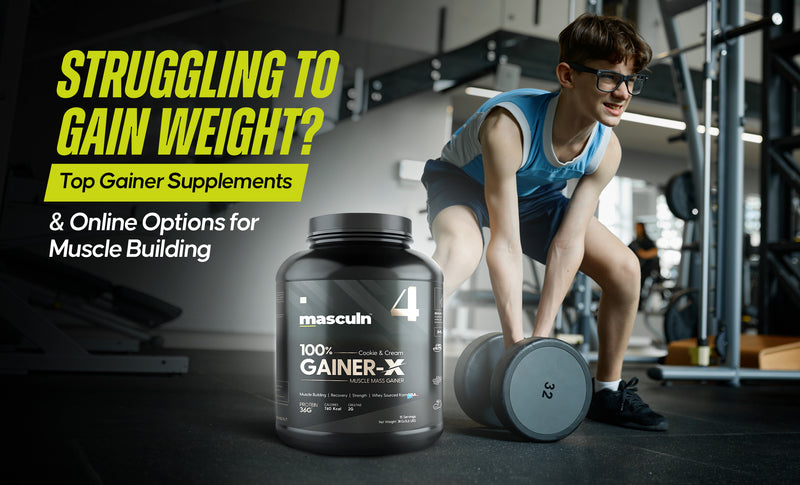

Multivitamin tablets for the gym have become a popular choice for people looking to fill potential nutrient gaps in their diet or treat themselves to a wide range of essential vitamins and minerals. These gym care supplements often come in tablet or capsule form, but have you ever wondered what's in a daily multivitamin? Or which is the best multivitamin tablet for the gym? In this article, we take a look at the key ingredients commonly found in multivitamin tablets and examine their role in supporting overall health.
7 Ingredients Your Multivitamin Tablets Should Include
Before choosing a multivitamin tablet for gym care, you should carefully read the ingredient list and nutritional information. Below are the necessary micronutrients that a multivitamin should provide.
Vitamin B-12
Vitamin B12 is an important component of all multivitamins as it supports the body's energy supply. It also supports blood cell and nerve health. Vegetarians and vegans have a greater need for multivitamin tablets rich in vitamin B12.
Vitamin D
By helping the body absorb calcium, vitamin D helps promote bone health. The fact is that the sun is a natural source of vitamin D. Technically, you need to spend about 15 minutes in the sun every day to get your daily dose of vitamin D. Other important sources of vitamin D include egg yolks, fatty fish, and fortified foods such as cereal, juice, and milk.
Calcium
Calcium is known to have a positive effect on tooth and bone health. A balanced and regular intake of calcium can also prevent loss of bone density in women. The main foods that are considered the best sources of calcium include salted fish, beans, fortified cereals, yogurt, cheese, milk, cabbage, broccoli, nuts, and lentils.
Magnesium
An important nutrient, magnesium, can be obtained from natural foods and supplements. Magnesium is known to support energy production and improve bone health. It also regulates blood sugar levels and supports the function of nerves and muscles. You can get your normal dose of magnesium from soy, brown rice, nuts, pumpkins, artichokes, beans, spinach, and tofu.
Iron
Iron should be included in multivitamins for pregnant women or during their menstrual cycle. Vegetarians and vegans also often need iron-rich multivitamins. Iron is important for the body as it supports brain function and increases energy levels in the body. Zinc
Zinc
is known to support the body's immune system. It is also believed to help the body utilize proteins, carbohydrates, and fats. Zinc levels tend to decline in older adults and people under stress. In this case, multivitamins blended with zinc can help restore the necessary amount of zinc in the body. You can also get your daily dose of zinc from foods like brown rice, spinach, wheat germ, oysters, tahini, tempeh, sardines, organ meats, and pumpkin seeds.
Folate
Folate is an essential ingredient in multivitamin tablets as it supports fetal development in women. It also supports nail health and mood. The most common foods high in folic acid include avocados, green leafy vegetables, citrus fruits, and beans.
Conclusion
Multivitamin tablets for the gym promise to compensate for dietary deficiencies in essential vitamins and minerals and promote optimal health. Our priority should be a balanced diet, as nutritional supplements are intended to support and replace natural sources. Don't go over 100%. Some nutrients, like calcium, need less than 100% or the pill will be too big. The best multivitamin tablets for gym will be that's FSSAI-approved.














